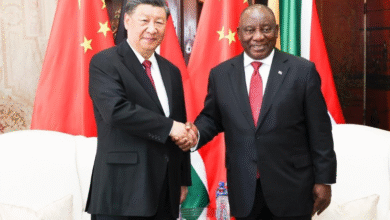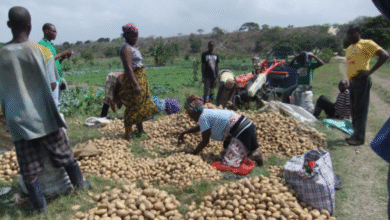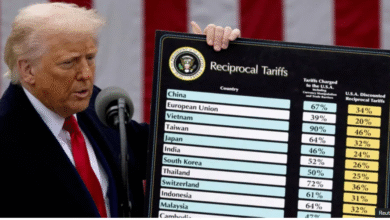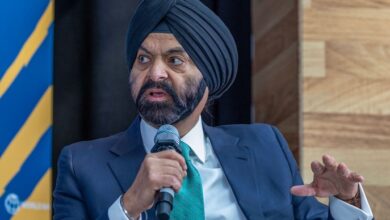IMF Chief Warns Global Economy Is “Better Than Feared, Worse Than Needed” At Historic G20 Summit in SA
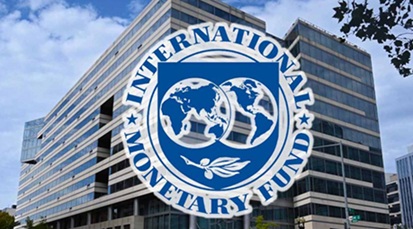
International Monetary Fund Managing Director Kristalina Georgieva says the global economy is showing resilience but remains constrained by low growth, heavy debt burdens and rising uncertainty. She delivered the message at the G20 Leaders Summit in Johannesburg, the first time the forum has been hosted on African soil.
Speaking during the leaders session, Georgieva thanked South African President Cyril Ramaphosa and the country’s economic leadership for steering discussions on the world’s shared economic risks. She said the central theme emerging from the summit was the need to build resilience amid geopolitical tensions, technological disruption and intensifying climate events.
Global Outlook: Stronger Than Expected but Falling Short of What Is Needed
Georgieva said the global economy has held up better than anticipated in recent years despite multiple shocks, trade tensions and volatile markets. She attributed this resilience to a dynamic private sector and policy frameworks strengthened through coordination, including within the G20.
But she cautioned that current growth levels remain below pre-pandemic trends while public debt sits at record highs, straining many countries, especially low income economies. She added that rising climate impacts, demographic shifts and political fragmentation are increasing uncertainty.
She urged governments to rebuild confidence through credible and predictable actions, strengthen institutions, restore policy buffers and address domestic imbalances. Structural reforms, she noted, are essential for unlocking private sector potential and removing outdated regulations that hinder growth.
Call for Stronger Global Cooperation
Georgieva said domestic reforms must be matched by deeper international cooperation, especially at a time when shocks cross borders faster than ever. She called for renewed efforts to keep trade open, modernized and reflective of the digital economy.
She also pressed for fresh financing for vulnerable economies, noting that IMF members have approved a fifty percent increase in quota resources. On debt, she urged faster and more predictable restructuring under the G20 Common Framework and welcomed South Africa’s leadership in delivering the recent October Declaration on Debt.
The IMF currently supports fifty financing programs worldwide, including twenty one in sub Saharan Africa, alongside capacity development tailored to country needs.
Artificial Intelligence Could Lift Global Growth but Risks Widening Inequality
Georgieva said weak productivity is the biggest drag on global growth, but artificial intelligence offers a rare opportunity to reverse that trend. She cited IMF assessments showing that AI could boost global economic growth by nearly one percent.
However, she warned that AI adoption is moving at a speed many countries are not prepared for. The IMF estimates that AI could affect sixty percent of jobs in advanced economies, forty percent in emerging markets and twenty six percent in low income countries.
She said this uneven impact could widen existing inequalities unless countries invest rapidly in digital infrastructure, skills, flexible labor markets and sound regulatory frameworks. She described AI as a wave that could lift all economies but could also leave many behind if readiness gaps persist.
Ensuring AI Becomes a Force for Shared Prosperity
Georgieva outlined three priorities for global action on AI. First, countries must improve readiness through skills development, reliable power systems and tax policies that support innovation. Second, the world needs a shared ethical and regulatory platform, led by the United Nations. Third, the international community must help developing countries narrow readiness gaps so that AI becomes a source of opportunity, not exclusion.
She concluded by urging the G20 to remain united in strengthening global economic resilience. She said the combination of domestic reform, international cooperation and responsible technological adoption will determine whether the world can secure stronger and more inclusive growth in the years ahead.

